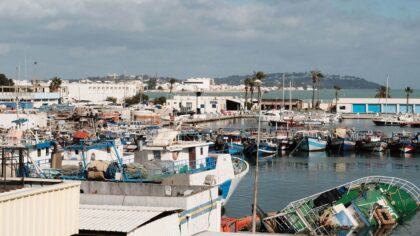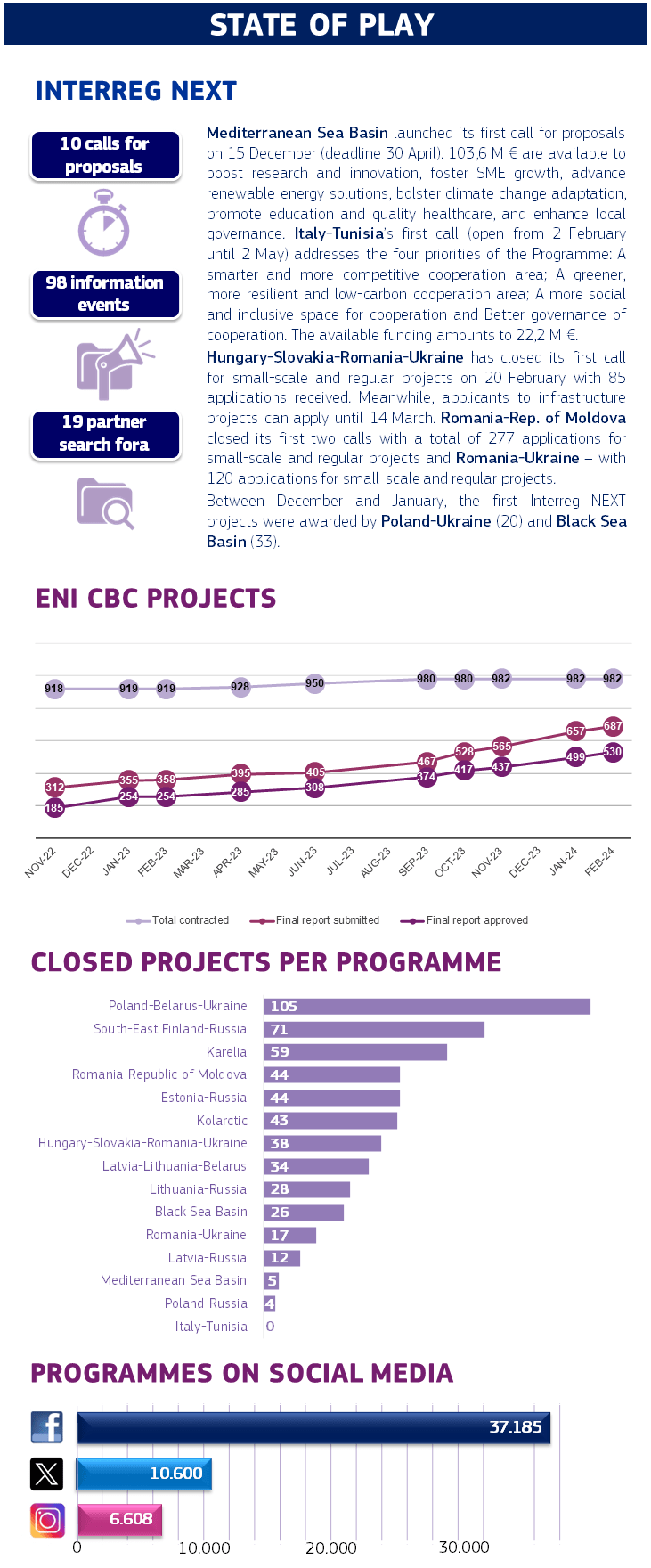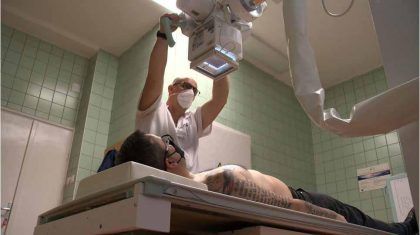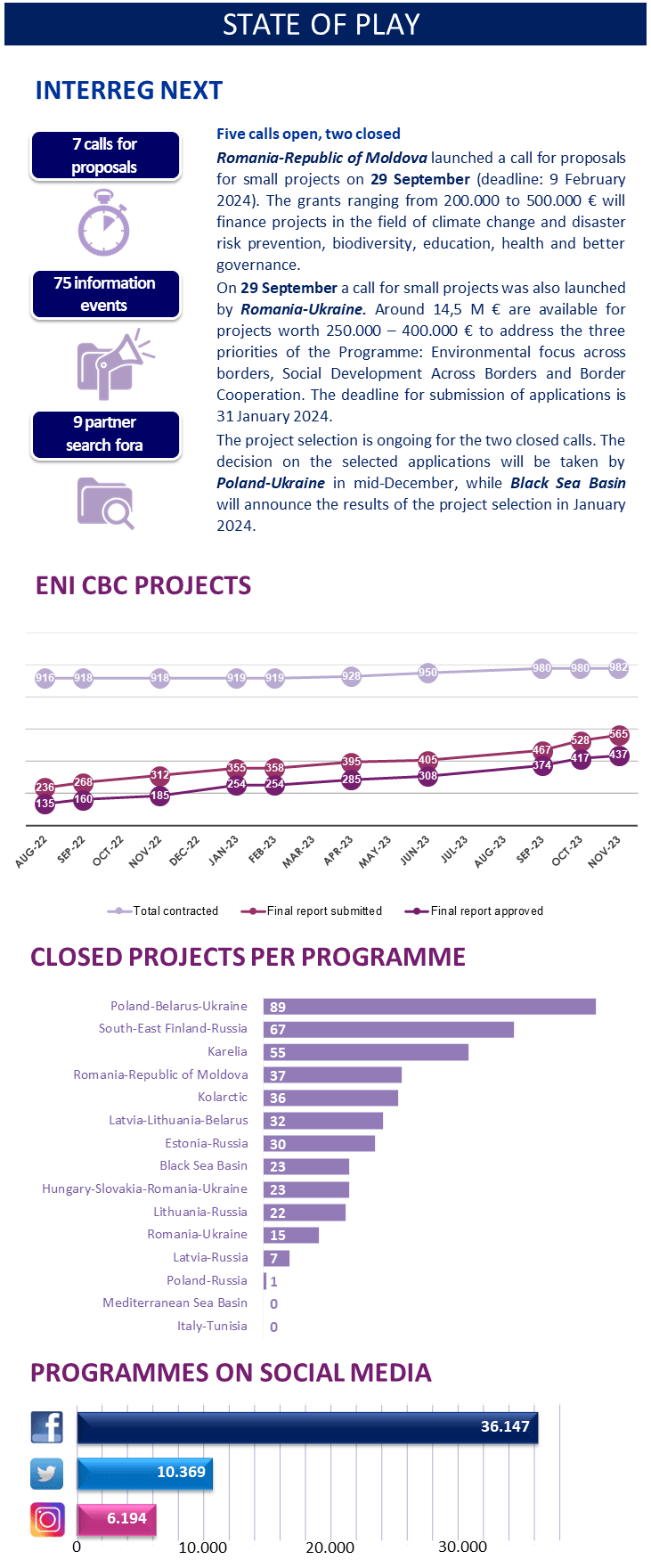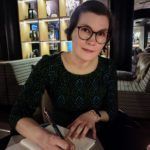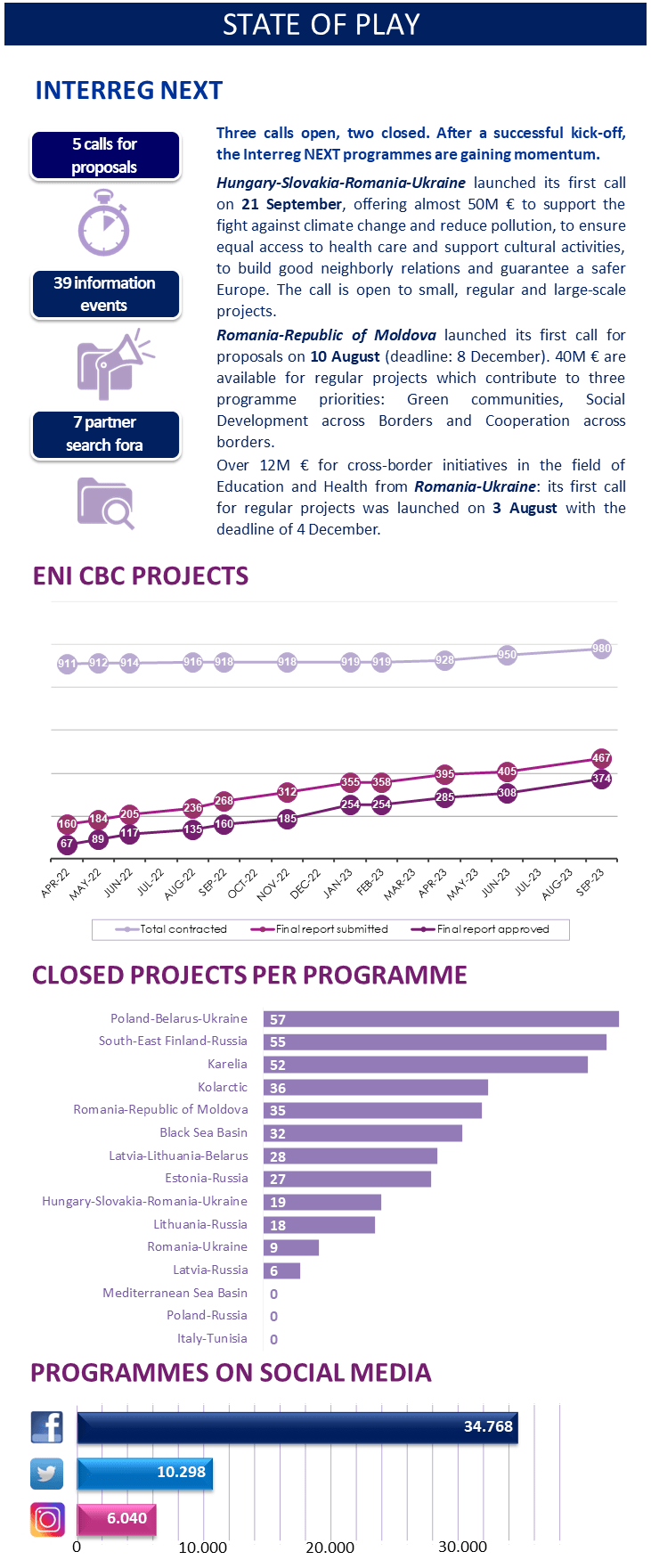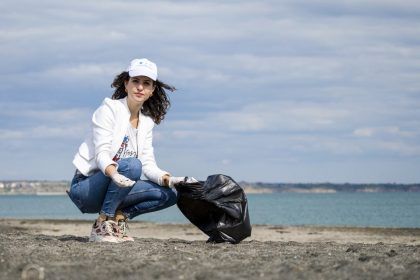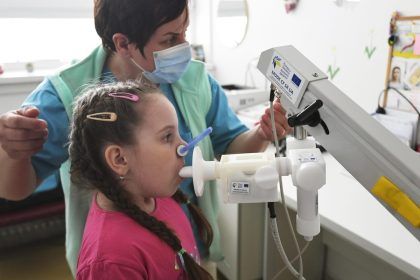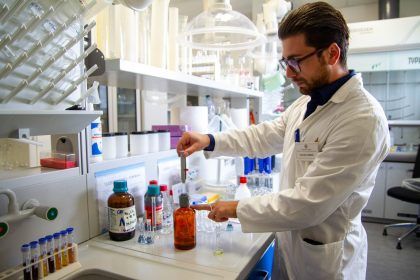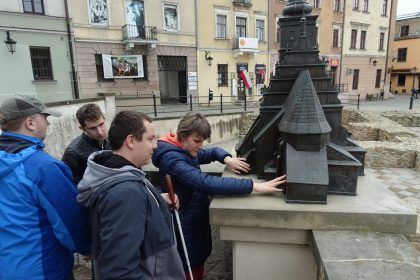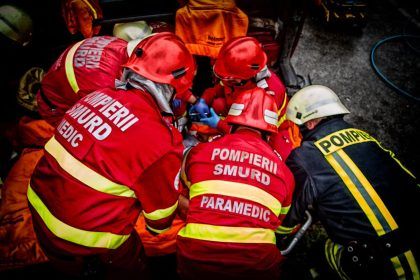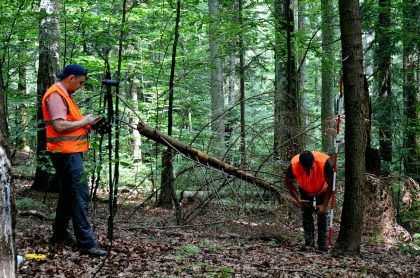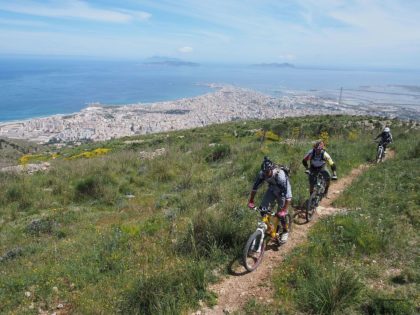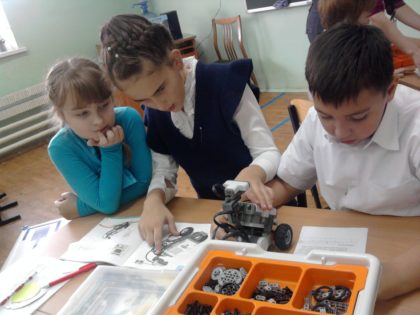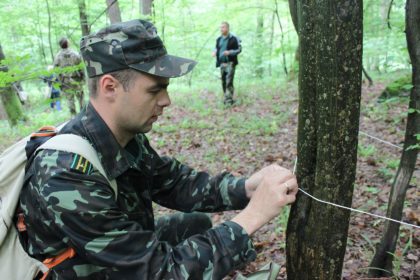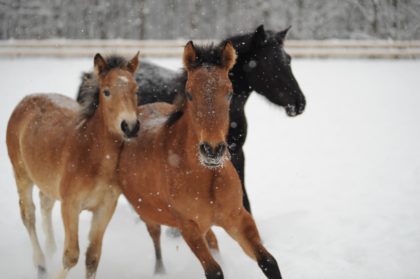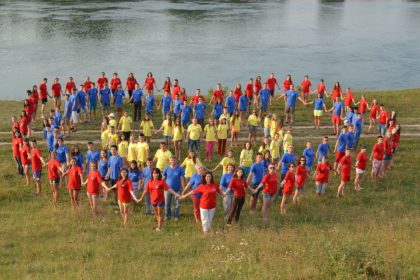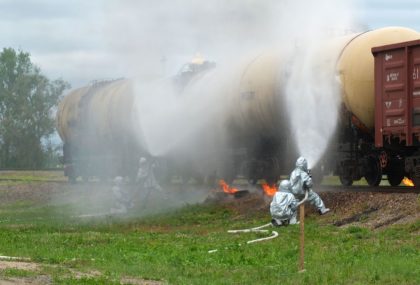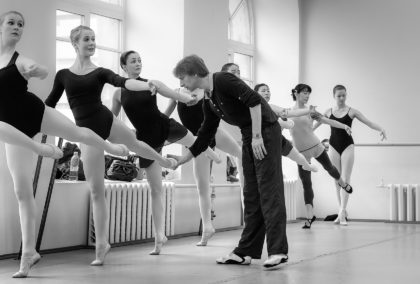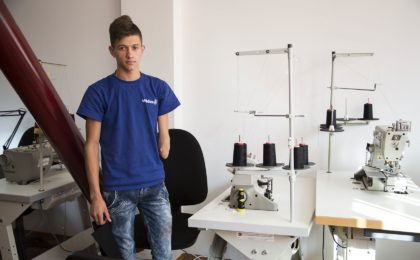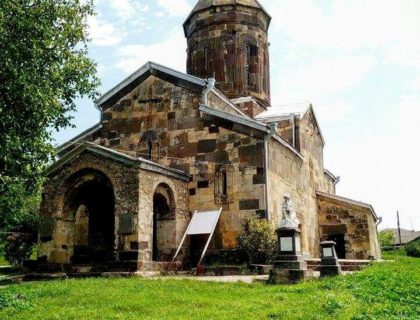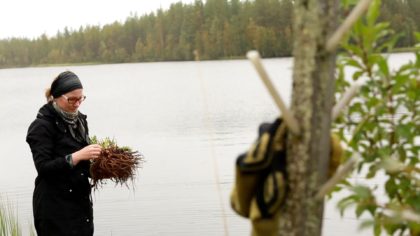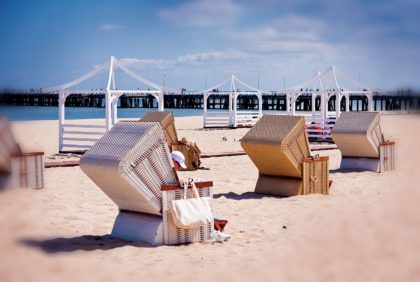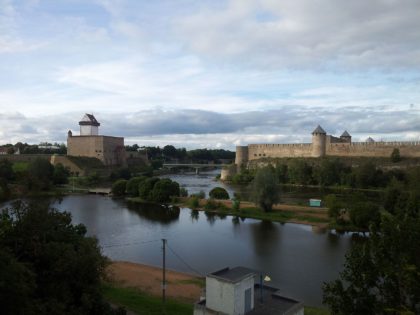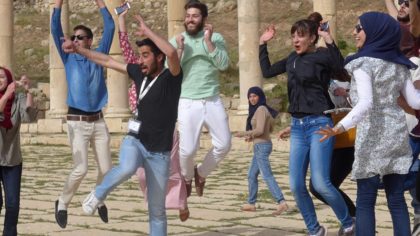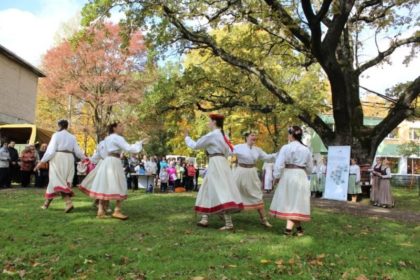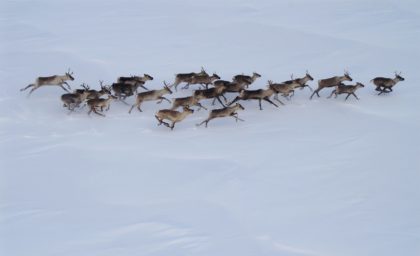Seven Interreg NEXT (Neighbourhood External) programmes have been approved in 2022, for a (current) envelope of 735 million EUR. Five of them involve Ukraine and the Republic of Moldova, highlighting the key role of the Eastern partners in facing the consequences of the Russian aggression. Cooperation in the South remains also a priority for the Union.
Neighbourhood external cooperation programmes

Borders may be obstacles, but also opportunities. Borders may separate, but they can also connect. The external borders across the European Union are an inspiration for people to work together and make the territories on both sides greener, more prosperous, more connected, and more inclusive. The cooperation across the EU external borders aims at improving the living conditions of regional communities, by finding common solutions to common challenges.
INTERREG Next
- 23 Member States and Partner Countries
- 7 Interreg NEXT programmes
- EUR 735 million EU funds (current allocation)
- Over 2.000 km of 5 land borders
- 2 sea basins
- 1 sea crossing
Next Programmes
ENI CBC Programmes
A total of 16 programmes will be implemented under ENI CBC. They cover 12 land borders, one sea crossing and three sea basins, stretching from Finland and Russia in the north, to countries like Hungary and the Ukraine in the east, and Italy, Northern Africa and the Middle East in the south.
Here you will find news and information on each programme, including the programme strategy and participating countries.
Follow us on Instagram
Like us on Facebook

Interreg TESIM NEXT
ENI CBC/Interreg NEXT enhance cooperation between EU Member States and Neighbouring countries
